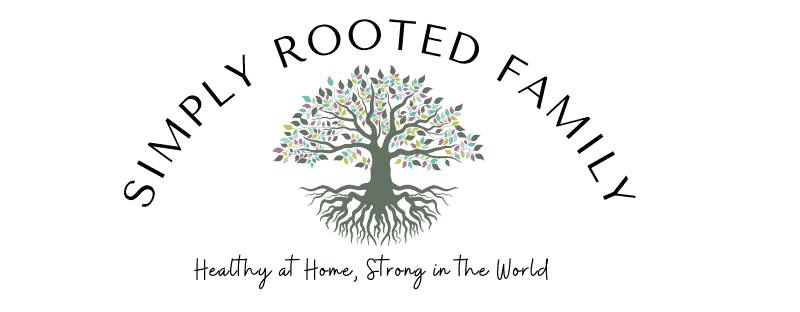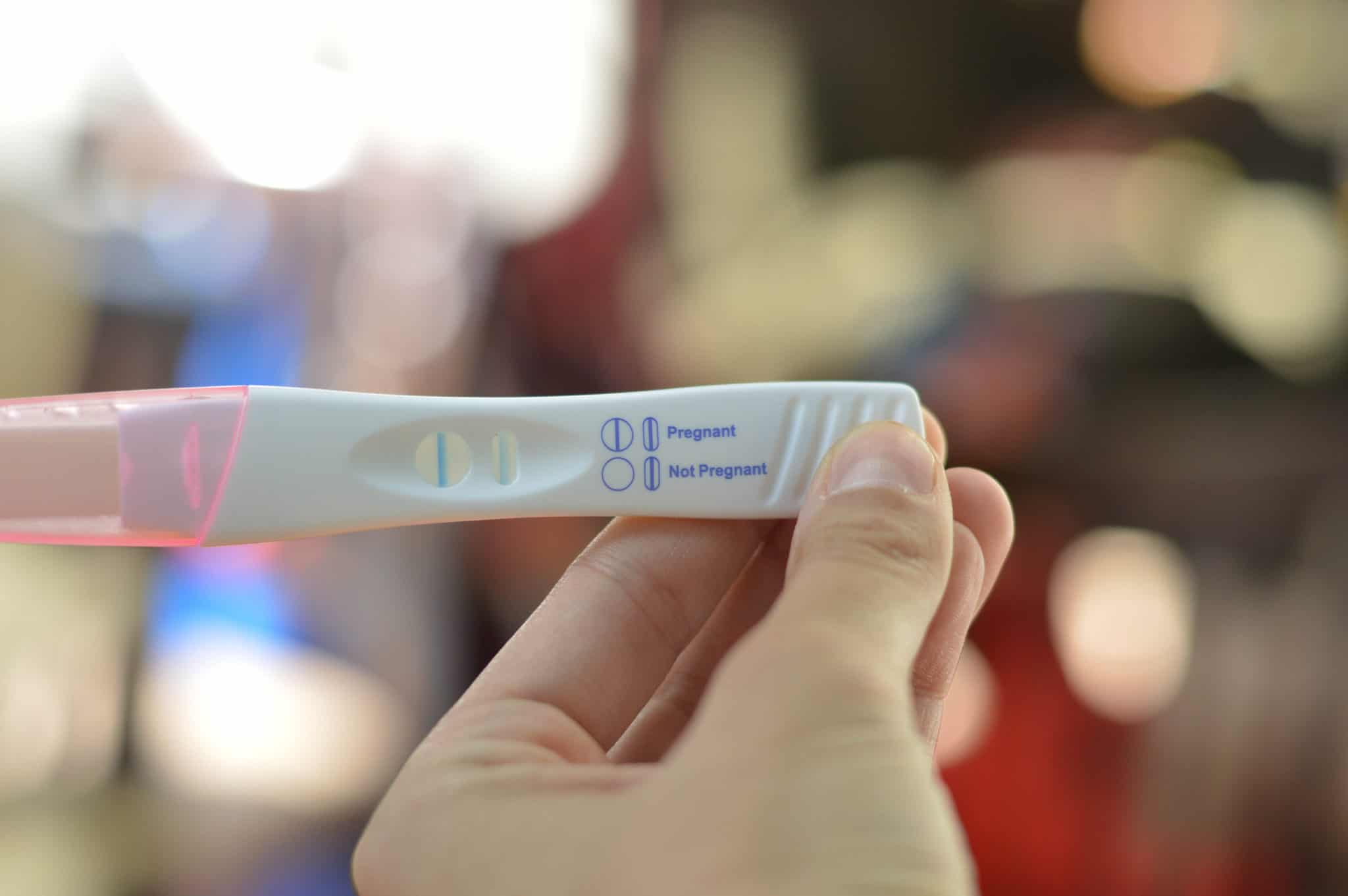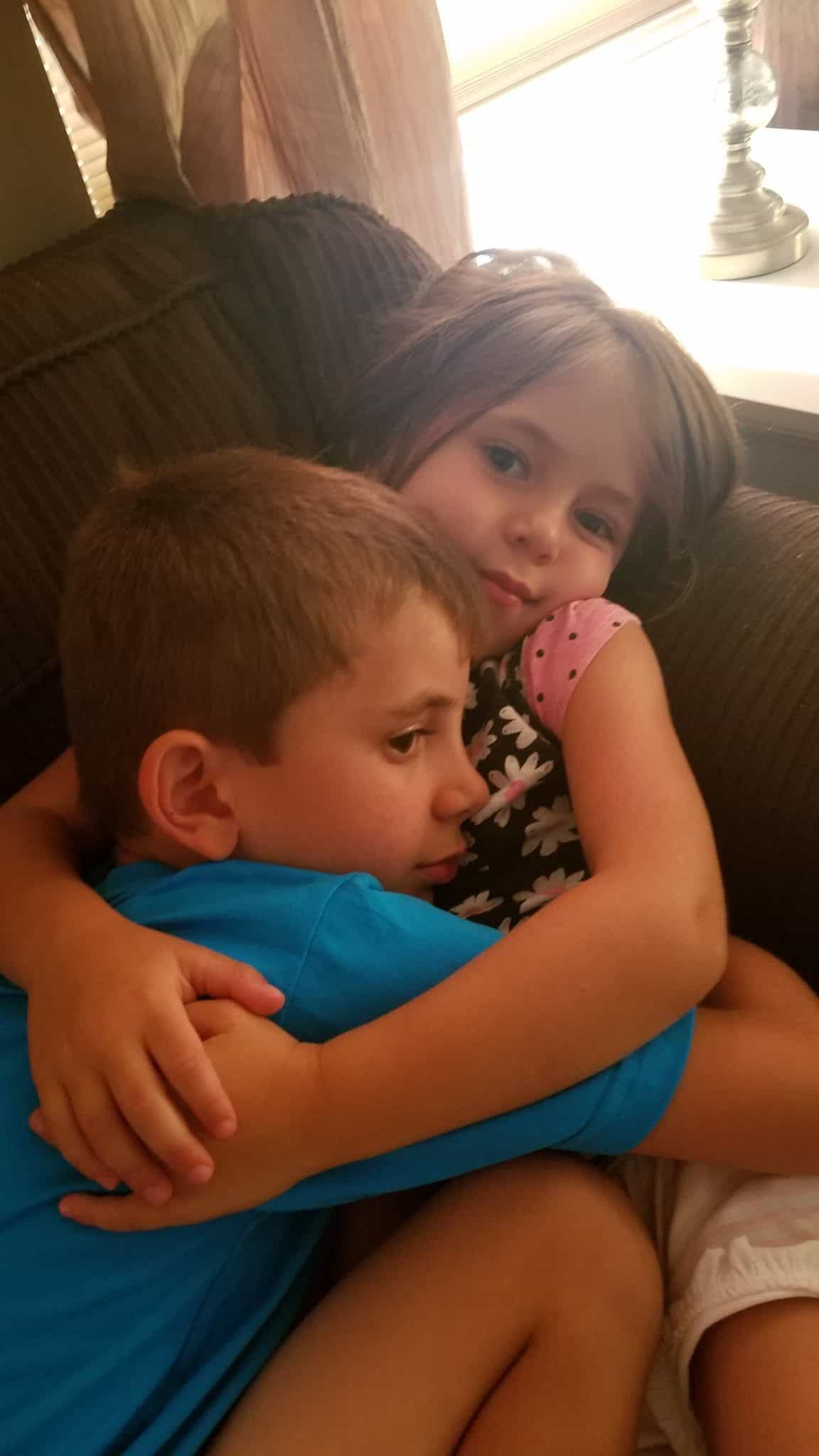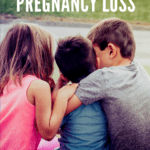For me, the most painful part about my pregnancy loss was not the labor-like cramps that had me bent over in two for 3 straight days. It was not the ultrasound appointment that showed no heartbeat in my belly. Also, it was not the scary things that were coming out of me as I spent hours just sitting in the bathroom. The most painful part was telling my son and daughter that they were no longer going to have a baby sister or brother.
My Personal Experience
When I found out I was pregnant with my third, I was rather shocked. Looking back, I want to punch myself for being upset about the positive result on the pregnancy test. I had two young kids, and I was on birth control. Saying that we were not ready for another baby was an understatement; however, as the news sank in we couldn’t help get excited. We instantly started to pick out names, and since we had two easy pregnancies prior, we told everyone including the cashier at the grocery store. We started to tell our other children that they were going to be a big brother and sister.
Prior to my 8 week appointment something didn’t seem right to me. I didn’t have the intense morning sickness that I had with the others, and I had spotting. The doctor assured me that spotting early on was normal, but I demanded an ultrasound that day. On the way there, my husband was sure that everything was ok, I gave him a little reassuring grin and nod while I braced for some big news.
I was right. The moment the technician placed the ultrasound device on my belly, my suspicions were confirmed. She tried to explain maybe I was much earlier than I thought. I was not. I knew that for sure. I held in tears until we got into the car and I broke down. One million questions raced through my mind that moment; but, there is one big one I want to discuss today.
How am I going to tell my children?
Breaking the News to Siblings
Whether your children are young or older, you will have to discuss the pregnancy loss with them if they knew about the pregnancy. At the time, I couldn’t find any good resources so I felt a little alone. I spoke to friends that experienced a pregnancy loss and I spoke to our pediatrician prior to the discussion. From my experience, I have compiled tips for discussing this painful event with your children.
Don’t Mask Your Emotions
You may think it is best to be strong and hide your emotions when you are telling children about a pregnancy loss. But, children are smart. They will sense if you are trying to hide emotions or they will be confused if you are showing no emotions. Be honest with your children that this is a painful experience and it is ok to be sad.
Encourage Them to Ask Questions
Children are curious little beings. They may have many questions, and the questions may seem odd. Make sure they feel comfortable asking whatever questions they may have. This is an important part in helping them move on and understand what is happening.
Our kids asked a lot of questions like “was it a boy or a girl?”, “where did it go?”, “is it coming back?” We answered these the best we could. If you talk to them in caring and loving tones you will be just fine.
Let Them Say Goodbye
I ended up having a natural miscarriage around 9 weeks. We decided to have our own “funeral” for the baby. We let each child let a balloon go into the sky “for the new baby to play with in heaven”. This helped them say goodbye and gain some closure.
Talk About Heaven
No matter what religion you believe in, or even if you are not very religious- it helps to explain that the baby is comfortable and happy. We told our children that the baby went right to heaven and they were excited to talk about how the baby was doing there. Even though we are not very religious, this was a very important part of grieving for our entire family.
Talk Openly About it
Four years later, this baby still comes up in conversation. Since this pregnancy loss we had another child. My daughter always tells us we actually have four kids, but one is already in heaven.
You Know Your Child Best
Most importantly, you know if you have a sensitive child or a strong child. Do you feel that talking about it was enough for your child? If not, you may have to reach out to the pediatrician or seek counseling. You know your child best, and you know their needs and emotional state. Don’t take it lightly, as they may be suffering greatly from the news.
Family Support
Through difficult times, families come out stronger. Be there for each other to talk openly. Support each other and talk about your feelings. Family support is crucial.
Have you had a pregnancy loss? Did you have a difficult time telling loved ones? Did you take a different approach?
Check out some of my other posts:
- Stop Trying to ‘Keep up with the Joneses’ in Youth Sports
- Why Are We All Self-Diagnosing Ourselves with ADHD?
- The Scary Line Between Youth Sports and a Narcissism Epidemic
- A Family Guide on Food Additives and Chemicals to Steer Clear Of
- 9 Quick Nervous System Regulation Activities for Kids
If you found this helpful, share it!




Safi
Sunday 17th of March 2019
I’m so sorry you and your family went through this. Thank you so much for being so open and sharing this.
Brigham Knows Best (@brighamknowbest)
Sunday 17th of March 2019
Thank you for sharing your experience with us.
riannagalvez
Saturday 16th of March 2019
Thank you for sharing this touching and personal moment in your life. You did it so beautifully it really warmed my heart!
sarah
Friday 15th of March 2019
Thank you for sharing and being so open. This is so important to talk about, especially to our children. The more support we have the better.
trish
Thursday 8th of November 2018
Thank you for sharing. We experienced similar and it was very difficult on our nine-year-old daughter. She grieved and she grieved hard for a long time. Trish from www.habibihouse.net